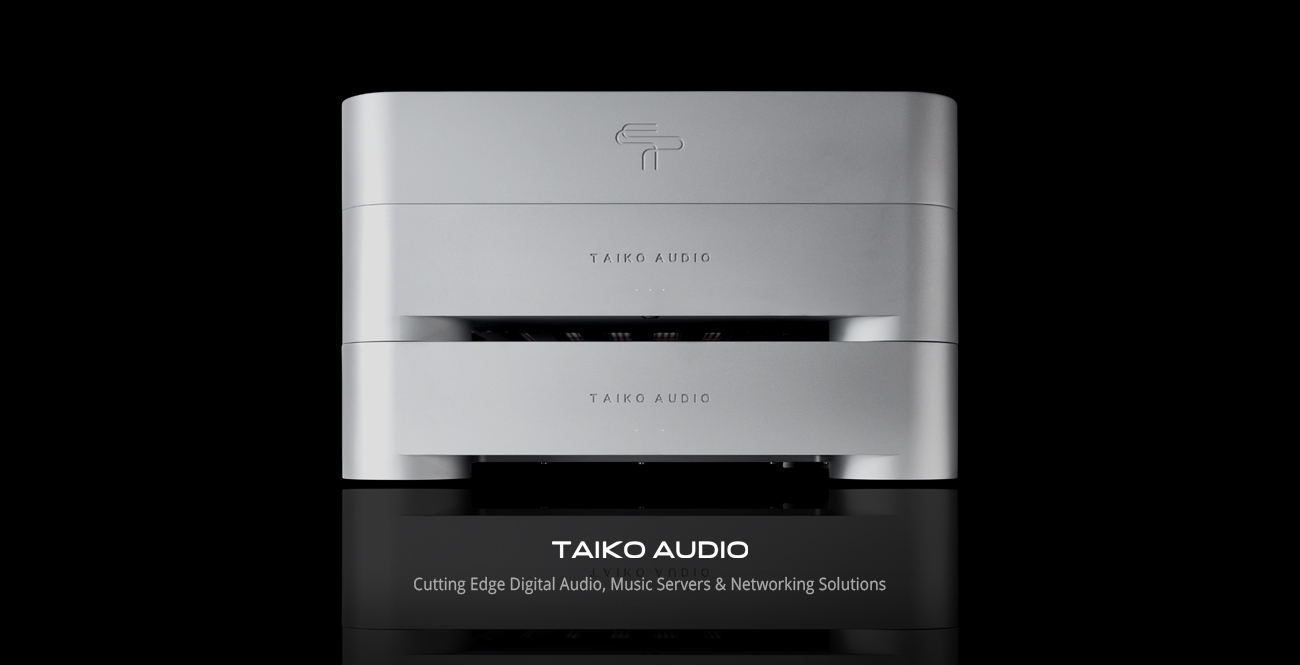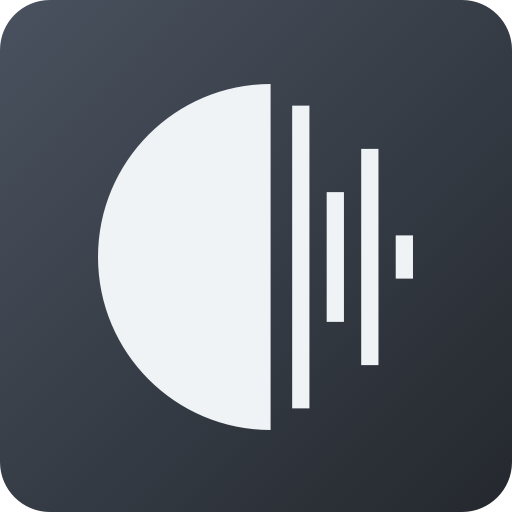You might also say:OK so I am having a hard time seeing how the router and switch settings like MTU, uplink/downlink speeds can have any effect on performance. The network gear's job is to get the file to the Extreme. Once it is in memory this is when the Extreme does it thing. Now I'm assuming the Extreme doesn't play the file until the entire file is loaded in memory. To me this is a major advantage of the Extreme.
Now if a music server (insert name) plays the file without going to memory (buffered), I can see how this can affect the sound.
I have hard time seeing how the softwere settings can have any effect on performance of my computer……
well I think they do.
softwere and its settings tell the gear what to do and how quick.
MTU is like a bag for your shopping things.
when is to small you need to go home few times to empty it .
that takes time.
if your bag is bigger you can pack more things inside it and no need to visit home as many times.
also if you will try to put to many things in your bag thy will fall out of it.
this is colled packet fragmentation that will require more work to put that back together.




